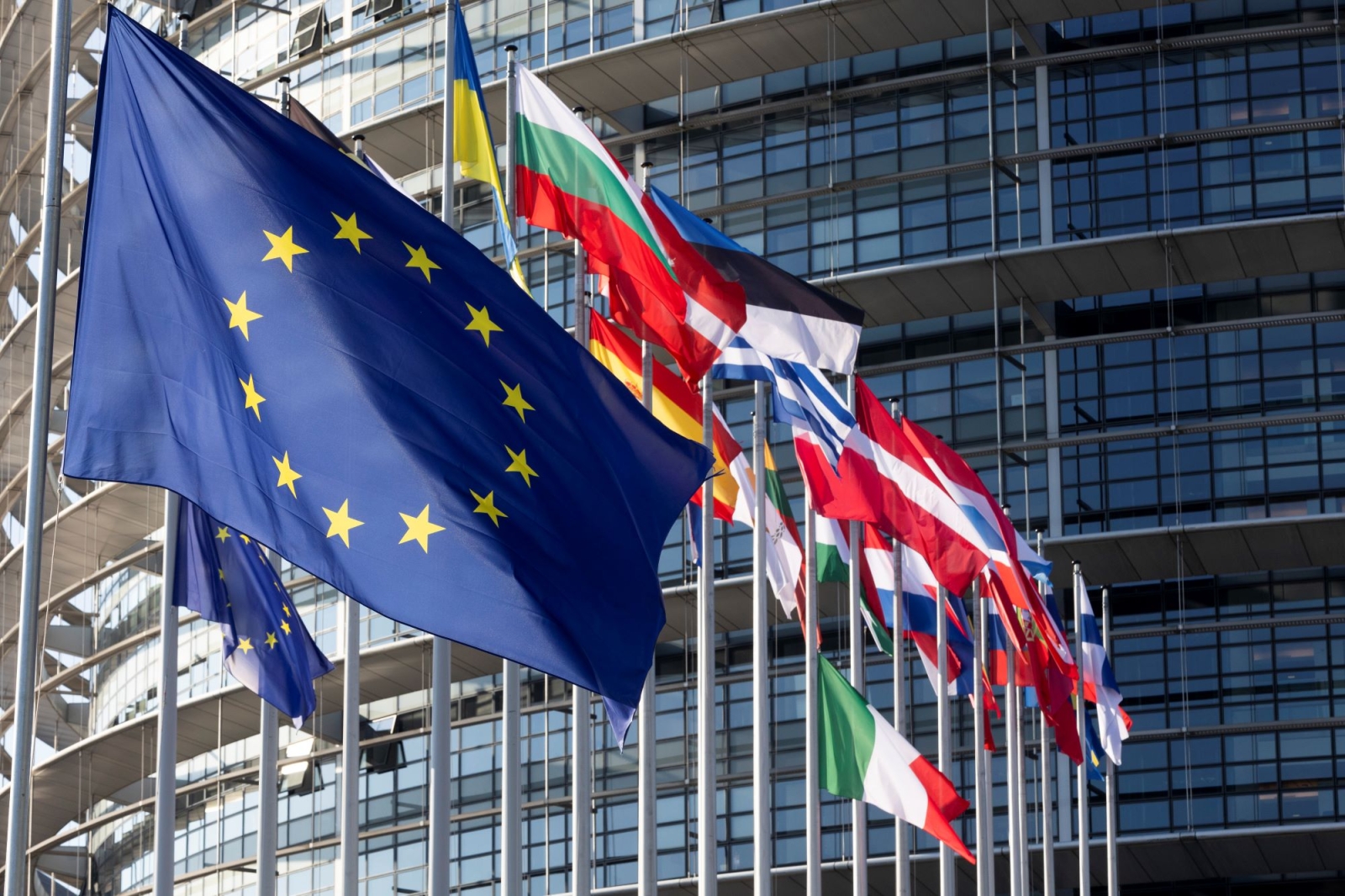The European election night sent shockwaves through many capitals, producing unexpected political outcomes: from the dissolution of the French parliament sought by Emmanuel Macron and the fall of Alexander De Croo's government in Belgium, to the debacle of the Socialists and the Greens in Germany and the victory of Austria's far-right party, the FPÖ. Meanwhile, Giorgia Meloni's consolidation of power positions her to exert significant influence in Europe.
The portrait that emerges on Monday morning is of a Europe firmly in the hands of the People's Party, with the possible (though not yet certain) re-election of Ursula von der Leyen. A nationalist, conservative, and reactionary axis extends across Western Europe to the Mediterranean, which, while it will lack power in the European executive, remains a significant presence in Brussels.
In the southern region, except for Greece, the democratic and left-wing parties maintained their ground. However, the support for the Green parties in Germany, France, and Austria declined, with a loss of more than 25 seats. This decline was only partially offset by the results in the Netherlands (4 seats), Italy (6 seats), Denmark (3 seats, where the Greens surprisingly are the first party), and Sweden (3 seats). The outcome in Hungary is quite interesting, where the hyper-conservative Orbán is witnessing his support erode for the first time. This indicates that even the most extreme nationalisms have a shelf life, especially when they demonstrate that they do not bring results in the economy and social policies.
Several unknown parties have emerged on the European scene (the two seats won by a Cypriot YouTuber are striking), bringing populist, anti-liberal, or anti-establishment sentiments, and bolstering the non-aligned group to 96 seats, making it the third largest in the Union. One comfort is left: despite the rise of the extreme right, the feared shift has not materialised, as unanimously noted by European political commentators.
A fury sweeps over Europe's two locomotives
The late June snap elections in France, announced by Emmanuel Macron after the defeat and fragile government of Olaf Scholz in Germany, overcome by the right-wing and populist parties, will have significant impacts on both foreign policy and the European industrial economy. Macron was humbled by the doubling of Marine Le Pen and Jordan Bardella's Rassemblement National (RN) and was consequently forced to dissolve the National Assembly. Just a day before the agreement with US President Joe Biden on the use of Russian financial assets to support the war in Ukraine, Macron finds himself (self)excluded from the foreign policy and long-term strategy of strengthening European defence and interventionism in theatres of war, with Ukraine above all. He will attempt to consolidate French voters against the RN and preserve his role through snap elections. However, it's undoubtedly a challenging path ahead.
On the other hand, Scholz's Social Democratic Party was surpassed by the neo-Nazis of the AfD (16.5%), as well as the CDU, narrowly overtaking the Greens (dropping from 20% to 12%), thus finding itself politically in the minority. Although regular elections are not expected until the fall of 2025, persistent internal struggles within the alliance (ranging from Russia's conflict with Ukraine to national budget issues) and the disappointing European outcome could hasten the process. Germany's unstable situation could play a pivotal role in slowing down the green transition of the economy, further curbing investment in renewables, electric cars, and electrification.
In Italy abstention and bipolarism, the accomplishments of AVS
As for Italy, abstention surpassed 50%, reaching 56.37 in the Southern constituency and 62.69 in the islands. These figures rank among the worst in Europe, but they are consistent with those of 2019. They mainly consist of young people, lower-class families, disillusioned former idealists struggling to find their place, but also individuals deeply disengaged from politics, which is perceived as calculating, distant from the territories, and incapable of presenting fresh and innovative visions. This is a concerning trend, in an increasingly bipolar landscape, albeit one that is fortunately seeing more female leadership.
The alpha males of centrism (Renzi and Calenda) failed to yield any significant results; instead, Meloni triumphed with a robust 28.8% and Schlein solidified the Democratic Party (PD) at 24%. Alleanza Verdi and Sinistra secured 3 seats, although together they should have done more, while Forza Italia maintained a strong position at 9.7%. Negative results for Salvini (the “traitor to the North,” according to many early militants of the Lega party), who points the finger at Bossi while it seems clear that his leadership is coming to an end, and Conte's Movimento 5 Stelle, which is increasingly in disarray and without any reference or soul.
Is the Green Deal under siege?
The Green parties suffered losses in their historical strongholds but managed to avoid a total defeat. While Renew's liberal bloc loses 23 seats, the Greens see a decrease of 18 seats, albeit with a few new additions stemming the loss. “We are proud that our political family has gained MEPs all over Europe,” says Bas Eickhout, Vice president of the Greens/EFA group, “with new partner parties in Central and Eastern European countries where we had never had MEPs before, such as Croatia, Latvia, Slovenia, and Lithuania, and with gains of strong Green voices from Southern Europe, such as in Spain. We came first in Denmark and the Netherlands and will continue to be a strong green voice in Sweden and Finland."
The socialist coalition remains de facto unchanged, and the EPP still maintains an interest in supporting the Green Deal, von der Leyen's flagship initiative. In this context, Renew and the Greens could play a pivotal role in forming a majority. However, it is clear that initiatives such as the CAP reform, the Pesticides Directive, the Nature Restoration Law, and support for financial climate commitments in the UNFCCC framework and international cooperation will have a decisively uphill path. According to Eickhout, “we have learned that the Green Deal has been too much of a Brussels agenda” and has not been sufficiently discussed and addressed among the 27 member states, leading to detachment and concern among voters and constituents. This has lent credence to the anti-Green Deal stances of the far-right.
For parties who care about Europe's green agenda, a new phase is emerging, marked by a strong emphasis on the concept of a just transition (i.e. how to make the Green Deal inclusive) and preventing the green transition from becoming another mechanism for gentrification and socioeconomic disparities. Furthermore, the new European Commission is expected to concentrate its efforts on industrial economic policies such as the circular economy, the blue deal for water, critical raw materials, and transportation. This sentiment is confirmed by Laurence Tubiana, CEO of the European Climate Foundation: “You cannot address the crises of cost of living, security, or competitiveness without undergoing a green transition. Let's not overlook the fact that the vast majority of Europeans are apprehensive about climate change and desire more ambitious climate action. The EU must respond by giving precedence to the social dimension."
This article is also available in Italian / Questo articolo è disponibile anche in italiano
Cover image: Alain Rolland © European Union 2023 - Source : EP



